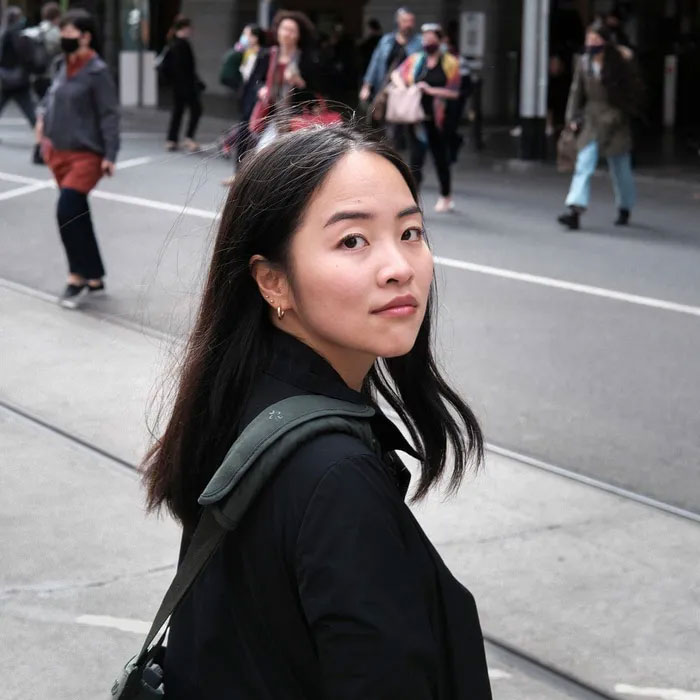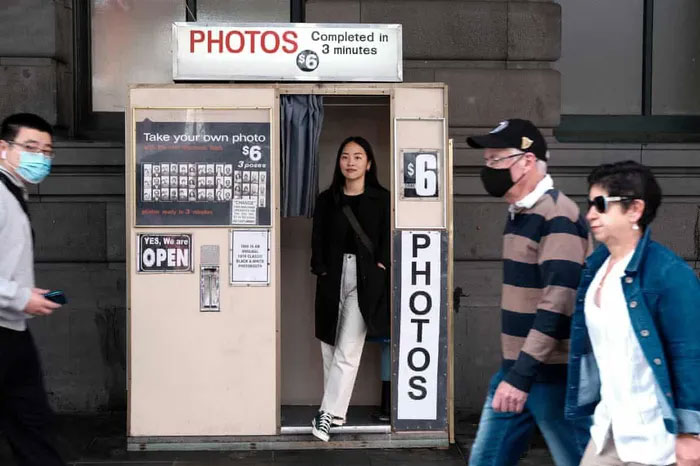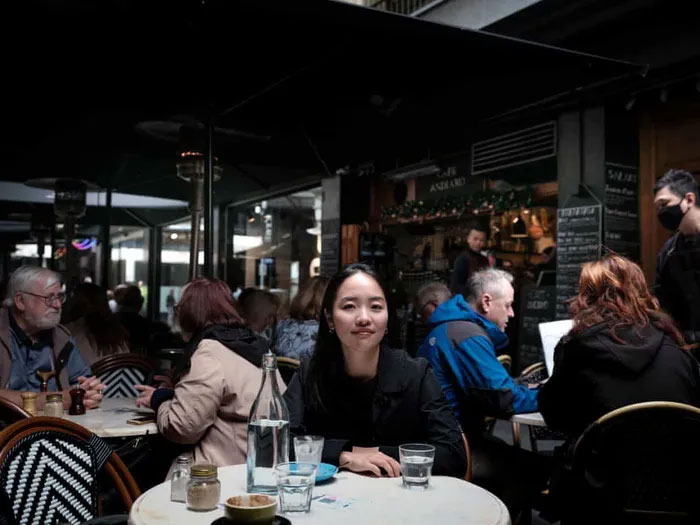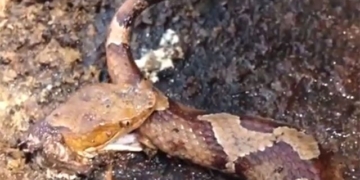It wasn’t until adulthood that Yenny Seo discovered she was among the 1% of people with extraordinary face recognition abilities in the world.
From a young age, Yenny Seo often surprised her mother by recognizing unfamiliar customers shopping in their store as people who had walked by them weeks earlier.
Similarly, while watching movies, she would point out background actors who had briefly appeared in other films, according to The Guardian.
Yenny (now 29) said her mother never thought her daughter’s recognition ability was “something special.” She simply believed she had an observant child.
Yenny also didn’t realize her ability was rare. She thought everyone played the “secret” game like she did: spotting a strange face on the street and trying to recall where they had seen them before.

Yenny Seo never thought her ability was special.
“This little game always made me very happy, especially when I was younger. I remember I loved looking at different faces,” she said.
Super Intuition
It wasn’t until she grew up and started using social media that Yenny became aware of her ability.
“For instance, when I first started school or met people at gatherings, I would recall where I had seen their faces online before. In my mind, I would recognize them as someone’s sibling or partner,” she recounted.
“However, I also realized that the other person would be quite shocked if I told them about this ability. So, I kept it a secret and just made small talk,” Yenny added.
Once, while working part-time at a fashion store, Yenny had a reason to showcase her special talent.
She and her colleagues watched a CCTV clip of a person who frequently shoplifted at the store. Despite the poor quality of the video, Yenny was able to identify the thief in their next appearance and immediately alerted the security staff.
“But I still didn’t think my ability was anything special, as I had done this many times before,” she shared.

Yenny ranked in the top 50 out of 100,000 participants in the super recognition test.
Prior to the 2000s, scientists had not paid attention to whether people had similar face recognition abilities.
“I think intuitive people believe that the way they perceive the world is similar to how others do. Even scientists have this mindset,” said Dr. David White, currently the principal investigator at the Face Research Laboratory at the University of New South Wales (UNSW).
Dr. White first became interested in this field while researching a rare condition called prosopagnosia. This condition affects individuals with brain injuries, preventing them from recognizing anyone’s face, even that of close relatives. However, they can still identify other objects.
“This is evidence that the human brain is organized to perform different tasks, similar to applications on a smartphone,” he said.
Exceptional Ability
Together with other researchers, Dr. White began studying individuals without brain damage and discovered that there is a “significant difference” in each person’s face recognition ability.
The research results indicate that only 1-2% of the population are “super recognizers.” They can remember unfamiliar faces, even after just a brief glance.
The exact cause of this ability remains unclear as it is a completely new field of study. The world has only about 20 research papers on it. However, some scientists believe that genetics may play a significant role.
In 2017, Dr. White and his colleagues at UNSW designed a public online screening tool to identify individuals with this special ability worldwide. Yenny, then around 25 years old, scored so high that Dr. White invited her to Sydney, Australia, for further testing.
To date, over 100,000 people have been tested, but Yenny remains in the top 50 highest scorers.

Yenny has no interest in joining security or intelligence agencies despite her special ability.
Over the past decade, security and law enforcement agencies worldwide have begun recruiting individuals with exceptional abilities like Yenny’s.
The police in London, England, even have a special team dedicated to reviewing security camera footage at crime scenes. A few years ago, the Queensland police in Australia began identifying super recognizers within their ranks.
A large number of private security companies specializing in providing services from individuals with extraordinary recognition abilities have also emerged.
For her part, Yenny is not interested in apprehending criminals like she did when working part-time. She is currently happy with her job as a technician in an anatomical laboratory.
She still enjoys observing faces around her. In fact, the requirement for people to wear masks during the pandemic made her childhood recognition game more challenging and exciting.
Yenny continues to correctly identify people in most cases, which makes her “more confident in her abilities.”
“It makes me realize that I’m not crazy or scary. It’s just that my brain works that way,” she said.

















































